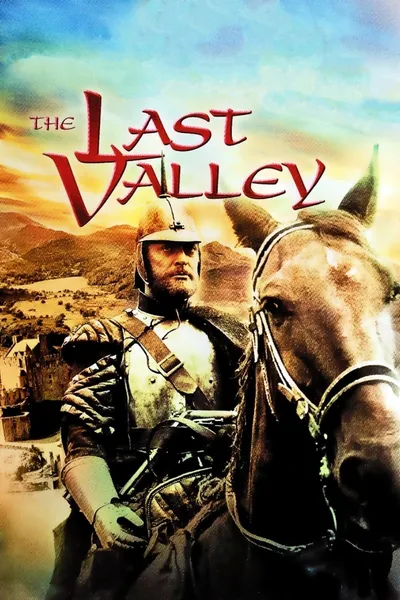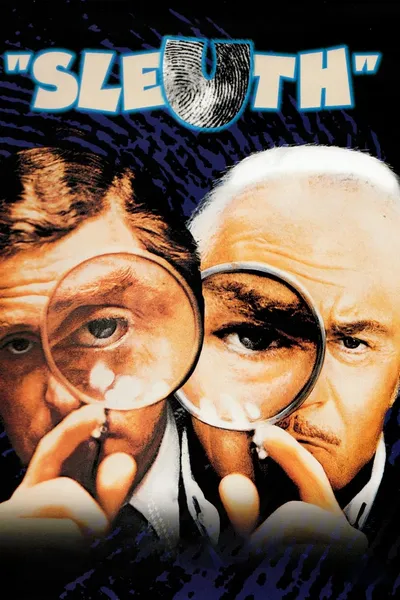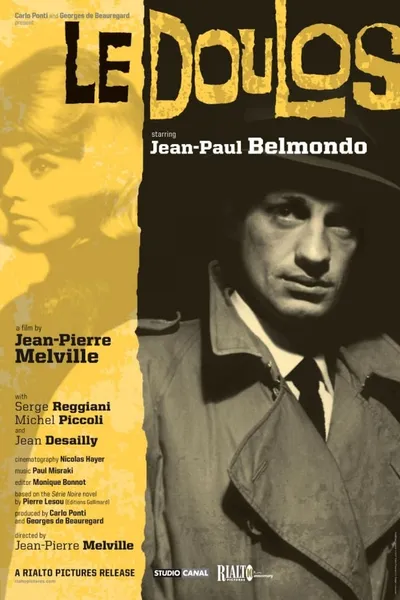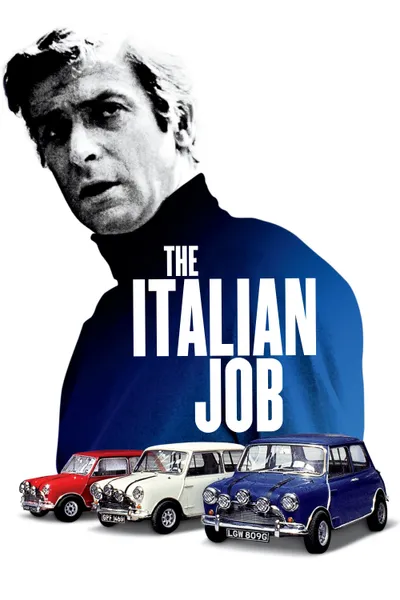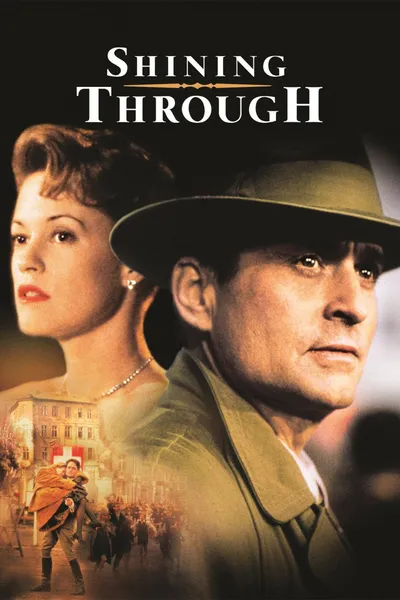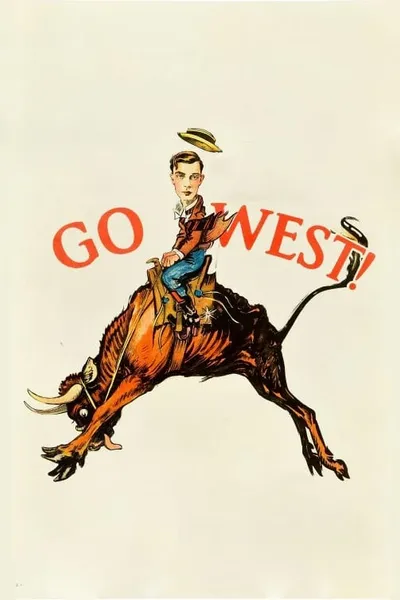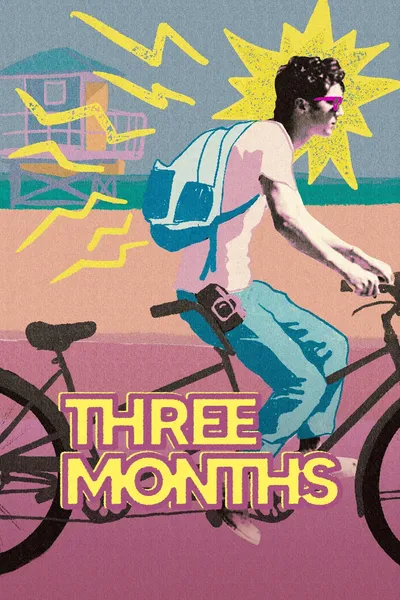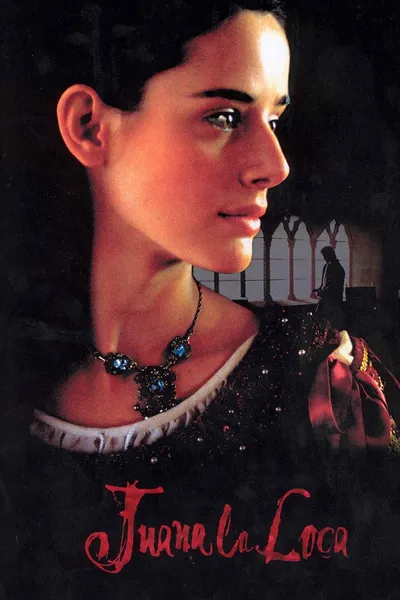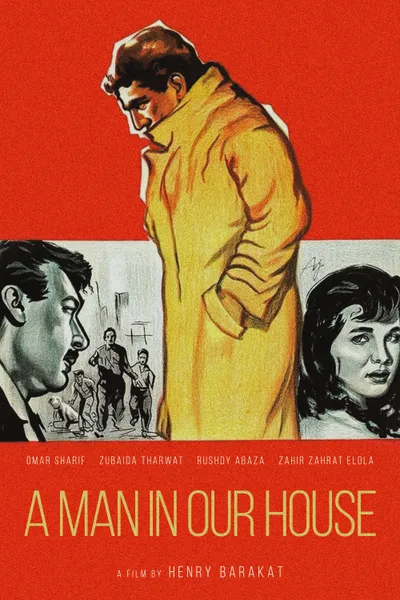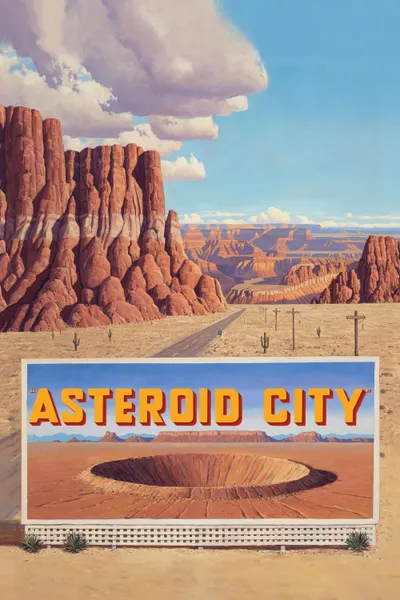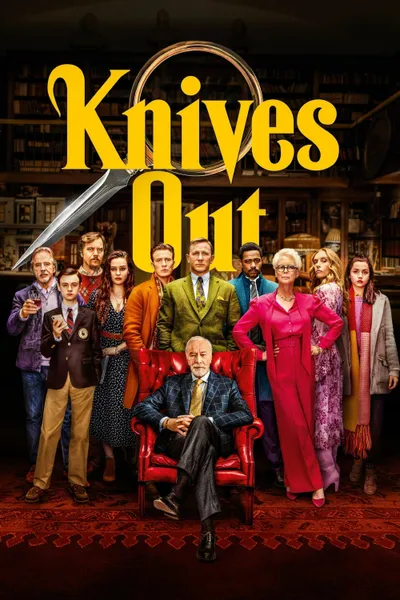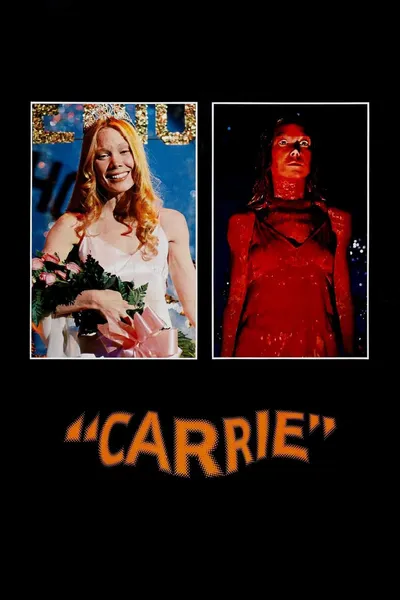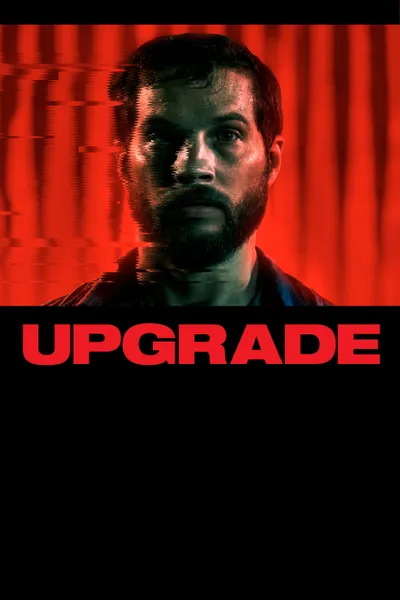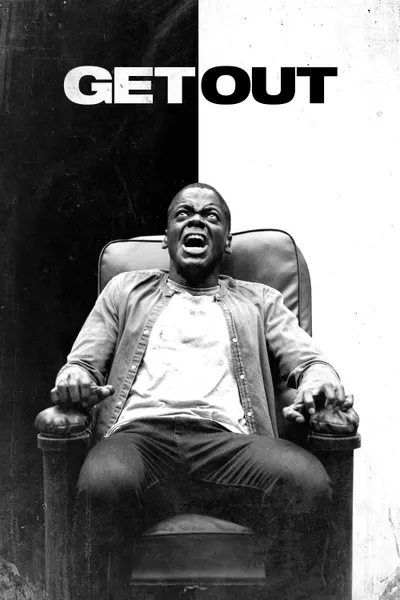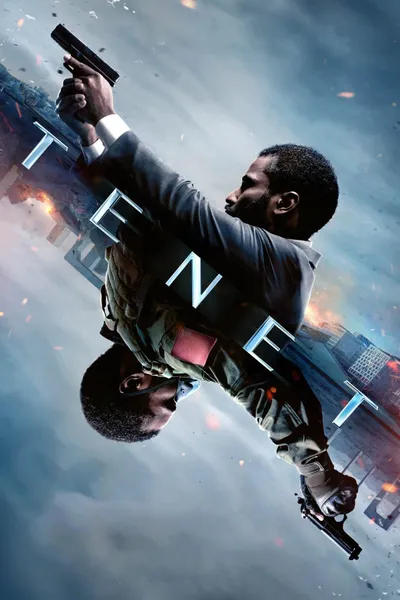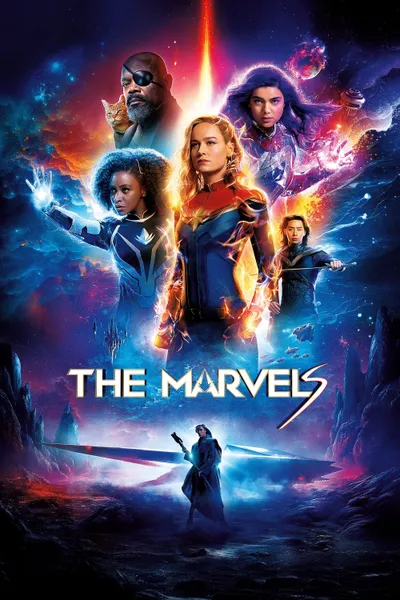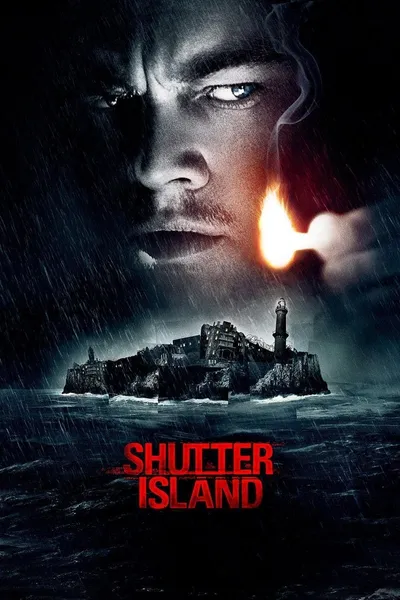Reviews

tmdb28039023
September 8, 20226.0
The Last Valley is set in the German countryside during the Thirty Years' War (1618-1648), a conflict originally motivated by religious differences that soon became mainly political (if there’s any difference at all).
Vogel (Omar Sharif), a former teacher constantly running from the ravages of war, discovers a village hidden in an idyllic valley; unfortunately for him, the Captain (Michael Caine) and his band of mercenaries — which includes Lutherans, Calvinists, and Anabaptists (“pagans”, “blasphemers,” “Satan worshipers”, and “worse;” i.e., Catholics) — arrive at the same time.
To save himself, and the village, from looting, pillaging, and rape by the soldiers, Vogel persuades the Captain to camp there and forget about war, famine, and, of course, the plague, for the winter. Using Vogel as a mediator, the Captain brokers a truce with the population, agreeing to protect the people of the valley in exchange for food, shelter, and concubines; in a scene brimming with religious satire, the Captain manipulates the local Catholic priest into give, or better yet, sell the chosen women a “public blessing ... full remission of past and future sins” (I’m reminded me of the bishop in The Baby of Mâcon preemptively pardoning hundreds of rapists).
Another great scene belongs to Sharif; the Captain has moved a conspicuous “Our Lady” altar to a less conspicuous location in the valley, incurring the wrath of the aforementioned priest and other Catholics (including, ironically, those under the Captain's orders).
In order to preserve the fragile peace, Vogel comes up with a story about a dream he had the night before in which “a regiment of soldiers came riding under a full moon. They were huge and wicked, and they faced the altar. But as they watched, the shrine disappeared. So the soldiers went on their way to Rheinfelden and never came back."
Writer/director James Clavell provides the Captain and Vogel with romantic interests, but the only relationship that matters is the love/hate bromance between the cynical military man and the scrupulous ex-teacher. On the other hand, Clavell puts the Tyrolean locations to great use; the titular valley, photographed in all its splendor by John Wilcox, delivers in spades the Arcadia that the script promises.

Wuchak
February 5, 20237.0
**_Wintering in a paradisal vale in the Alps during the Thirty Years' War_**
In 1643, during the horrible Thirty Years War in Europe, a band of ruthless mercenaries and a drifter discover a hidden vale, the last valley untouched by the horror. The drifter, Vogel (Omar Sharif), talks The Captain (Michael Caine) into wintering in the peaceful valley rather than pillaging it and raping/killing the villagers.
The first thing that makes a favorable impression with James Clavell's "The Last Valley" (1971) is the outstanding opening credits sequence with John Barry's magnificent score. Parts of the film have a dreamy, surreal quality, particularly the beginning and ending, which is reminiscent of the later "Apocalypse Now" (1979).
Caine is outstanding as a man so hardened by the horrors of war that he no longer even has a name, just "The Captain." He would perform a similar role in the underrated "The Eagle Has Landed" (1977), a stunning performance. The Captain's answer to everything was to simply kill, but now, in the valley, he has found peace and the warmth of love.
Sharif is also effective as the disillusioned Vogel. His reaction to the horrors of war has always been to run, but in the valley he also finds peace and love, and even, maybe, a family(?). The depth and seriousness of the story, including the dialogue of the characters touching on issues of war, loss, God, religion, ignorance, superstitions, love, hope, loyalty, duty, redemption, etc. separates this from an ordinary war-adventure yarn.
It's also interesting to observe how people lived in a regular hamlet 400 years ago in backwoods Europe. It was not unusual for folks in such circumstances to live their entire lives within 10 miles or so from where they were born. Such people would likely be under-educated, superstitious, innocent, ignorant and narrow-minded all at the same time, and the film illustrates this.
Regrettably, there are parts that aren't pulled off very well. Some of the dramatic stagings and dialogues come off awkward here or there. These aspects perhaps needed more fine-tuning and this explains why critics originally panned the movie and why it fell into obscurity for decades.
Some have criticized the film for being anti-church or even anti-God. Actually the film's about the pursuit of God, truth, love and happiness in the face of the ultimate horror, war. And not just any war, a war that lasted three decades wherein innocent civilians — men, women & children — were needlessly slaughtered and whole cities burned to the ground, like Magdeburg, Germany, in 1631. The repugnance and terror of war caused The Captain to become a ruthless atheist, as he declares in one potent scene, and "tore the heart out of" Vogel, as revealed in another. But the last valley untouched by the never-ending conflict has given them both hope again.
Despite the obvious flaws the movie gets an 'A' for effort in my book. It is a special picture, oddly compelling, with nothing else like it. It successfully creates a small world of people some 400 years ago in a secluded vale in the paradisal wilderness of the Alps. A world you can get lost in for a couple hours.
The originality of the story and its profundities, not to mention the fine cast, performances and surreal aspects, lift the movie above a simple adventure yarn. It's unorthodox, enlightening, thought-provoking and ultimately moving. If you enjoy flicks like "Apocalypse Now" and "Runaway Train," films that attempt to go deeper than the run-of-the-mill action/adventure picture, then check it out. You'll continue to glean from it in future viewings. But, since this is a dialogue-driven movie, I recommend using the subtitles so you can understand the heavily accented dialogue.
The film runs 2 hours, 6 minutes, and was shot in Tyrol, Austria (Trins and Gschnitz and the Gschnitztal Valley).
GRADE: B+

CinemaSerf
May 29, 20230.0
It might be possible 50 years on, to make the casting choices work that James Clavell tried to do with this. Back in 1971, however, casting Omar Sharif as the teutonic "Vogel" opposite Michael Caine's only marginally more convincing "Captain" really does stretch the imagination a little too much. Add arch-Englishmen Nigel Davenport ("Gruber") and Brian Blessed ("Korski") and you have a recipe for characterisation disaster. Though well produced, with plenty of attention to detail and a typically strong score from John Barry, that is what we get! It is set amidst the bitter and rancorous 30 years war - maybe not an historical event known to many in Germany, let alone anywhere else - and has the ingredients of a good action drama. Armies, villagers - even individuals fight over the roles of their churches in their lives - Protestant v Catholic - a story of battling traditions that should have been far more engaging and enthralling. Clavell's adaptation of his own novel keeps the story tight and it is action-packed - it just doesn't ever catch fire. At just over the two hour mark, it is a long watch with those at the top of the bill looking out of place. They just don't gel at all well at any stage. Pity - this story of religious intolerance (on both sides) should have made for a good film topic. Just not this one, so much.
Recommendation Movies
Sleuth1972
Le Doulos1962
The Italian Job1969
Shining Through1992
Go West1925
Three Months2022
Mad Love2001
A Man in Our House1961
Asteroid City2023
Knives Out2019
Carrie1976
Upgrade2018
Get Out2017
Interstellar2014
Tenet2020
The Marvels2023
Shutter Island2010
Full Metal Jacket1987
Everything Everywhere All at Once2022
Parasite2019
© 2024 MoovieTime. All rights reserved.Made with Nuxt
